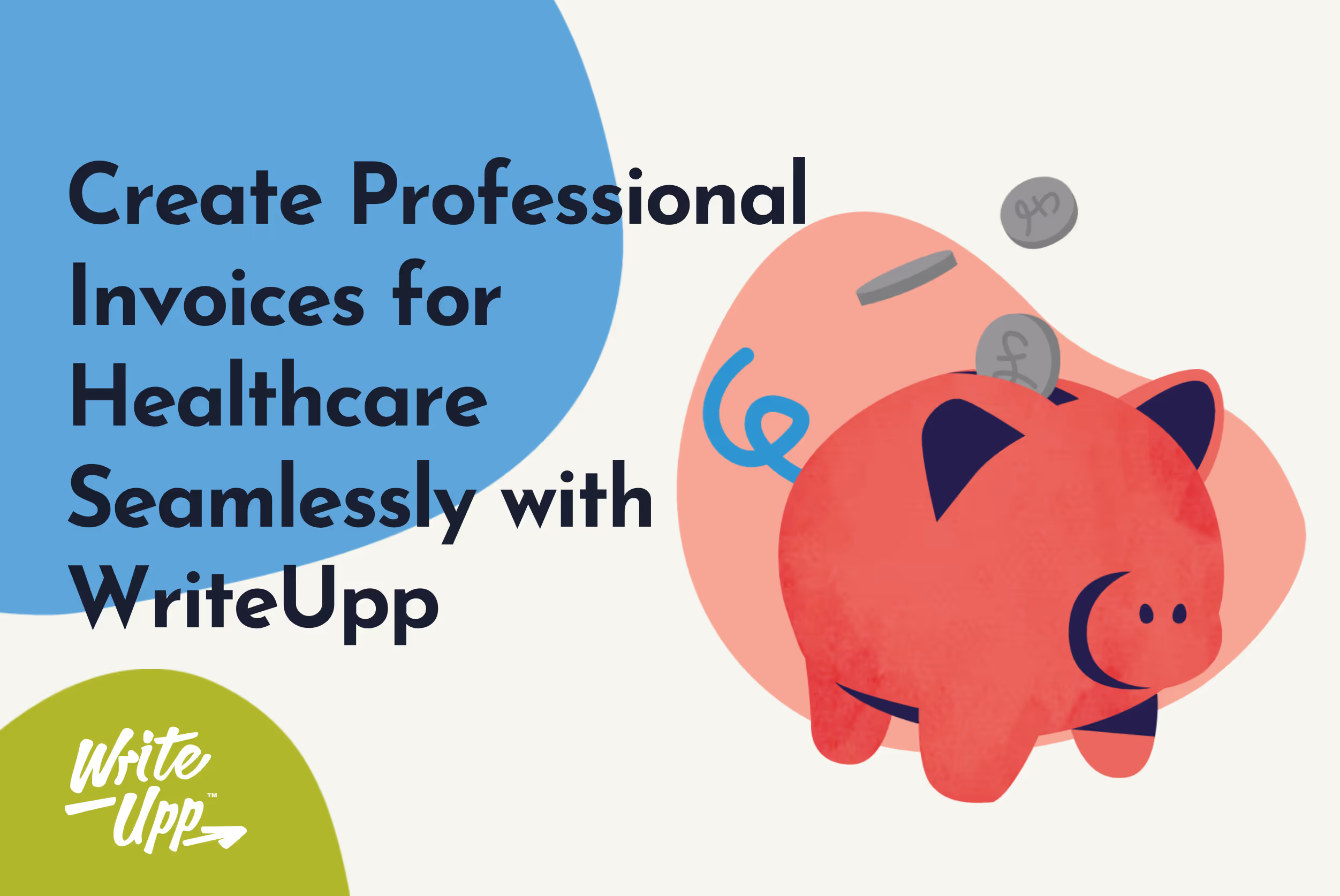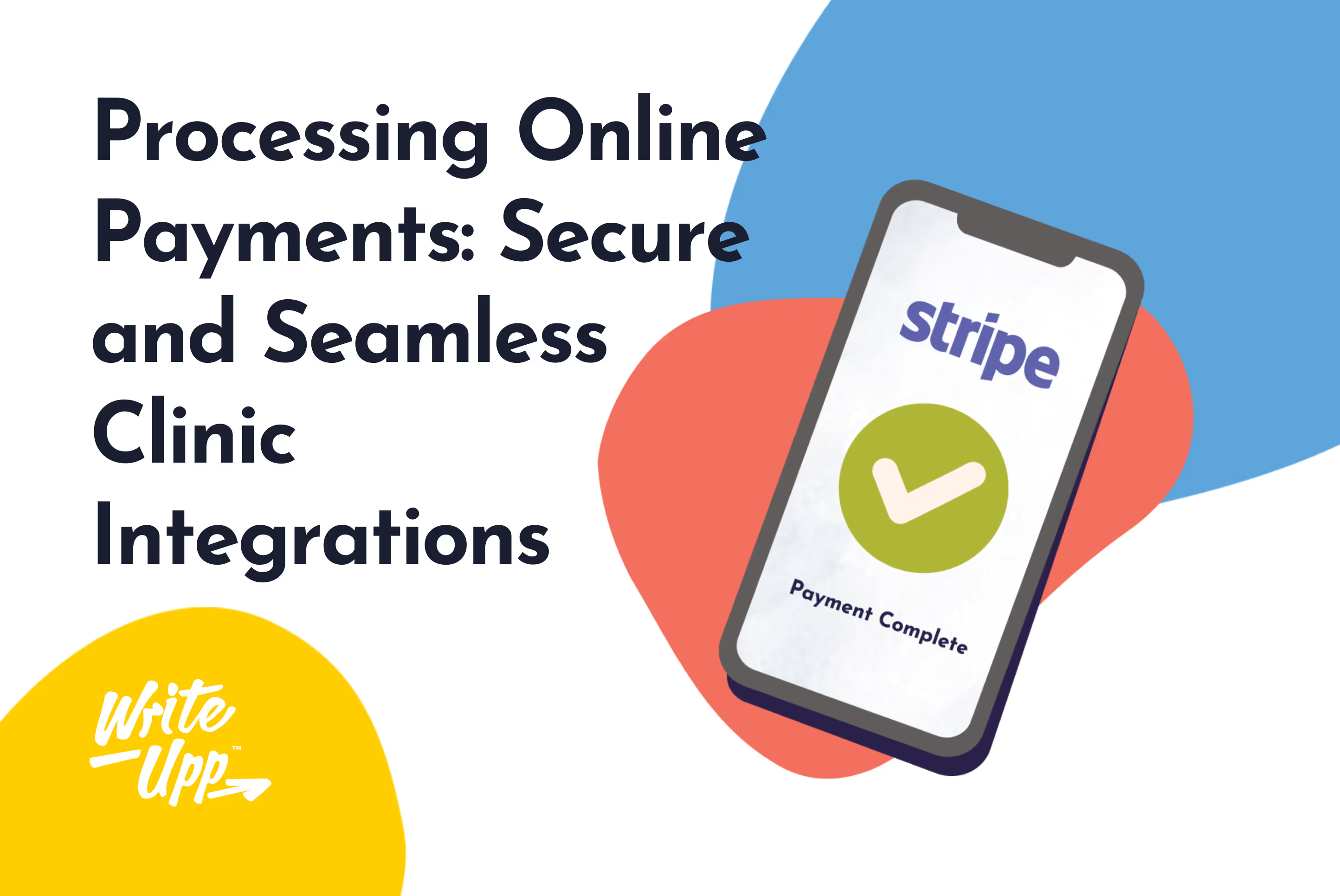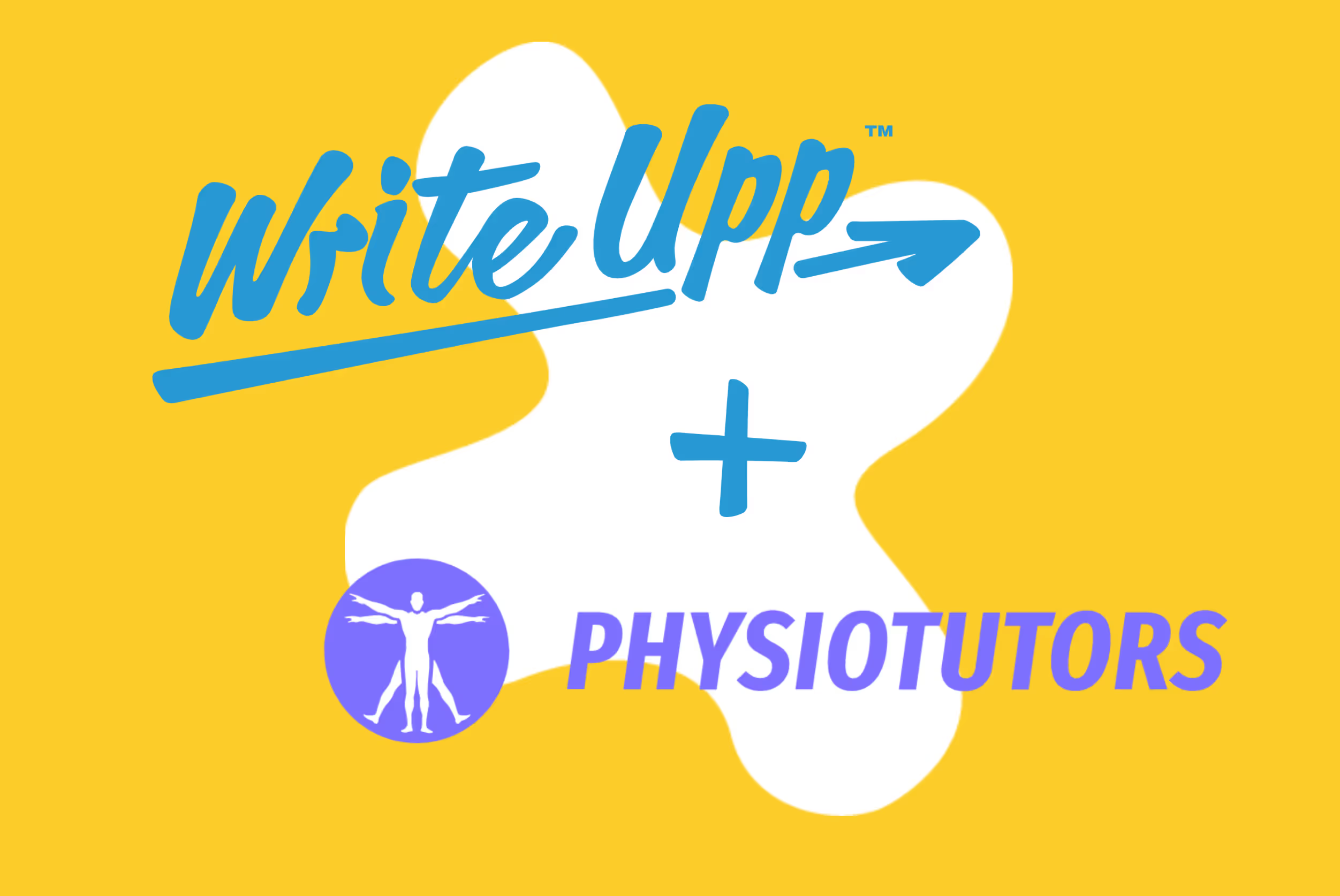If you have ADHD and are working in private practice, it's good to know about the UK's Access to Work scheme. This program helps people by offering support tailored to their job needs.
You can fund workplace tools, travel costs, or even job coaching to enhance time management and productivity.
Essentially, it's about providing the right resources to improve your work performance.
Who is eligible for Access to Work?
Access to Work isn’t limited to a specific type of disability or condition, making it inclusive for anyone who needs support.
To be eligible for Access to Work, you’ll need to:
- Have a disability or health condition that affects your ability to carry out your job effectively. This includes people with both visible and invisible disabilities.
- Be employed or self-employed.
- Work full-time or part-time.
- Live and work in England, Scotland, or Wales. Unfortunately, Access to Work is not currently available in Northern Ireland, but alternative support options may be available.
- Complete an application form. This form can be completed online or by post, allowing for flexibility and convenience.
Important Considerations:
- Access to Work is not means-tested, meaning your income does not affect eligibility.
- Employers may need to pay some costs up front, but can claim them back from Access to Work.
- Processing times for applications can vary, so it's best to apply as early as possible.
- Keep all receipts and documentation: for claiming expenses.
- By utilizing these resources and support, individuals with ADHD can create a more inclusive and productive work environment, enabling them to thrive in their chosen careers.
What the Access to Work scheme may cover:
The Access to Work is a government scheme in the UK that provides grants to help disabled people, including those with ADHD, overcome work-related challenges. Examples of support include assistive technology, workplace adjustments, personal support, and mental health support. This support can help individuals with ADHD manage their symptoms and be more productive in the workplace.
The Access to Work scheme offers tailored assistance and financial support for people with disabilities or health conditions to cover work-related expenses. This includes funding for equipment and technology like practice management software, assistive devices, and ergonomic furniture.
We are aware of the following accommodations that people with ADHD have successfully requested:
- ADHD Coaching
- Noise cancelling headphones
- Admin support; a recent award was granted for someone to work 12 hours a week in private practice on admin.
Given its personalised approach, the support varies based on individual needs, aiming to promote an inclusive work environment where everyone has an equal chance to succeed.
What the scheme won't cover:
The Access to Work scheme supports those with disabilities or health conditions, but the scheme won’t cover:
- Assessments or diagnoses; consult a healthcare professional for these.
- Financial or personal support during the application phase.
- Ongoing healthcare or medical treatment costs.
- Legal costs, such as disputes with employers or discrimination cases.
- Costs related to employment status, such as taxes or National Insurance contributions.
Understanding these boundaries ensures that you can seek alternative solutions for your unique needs.
How can the Access to Work scheme help private practice owners?
For those working in private practice, the scheme can be particularly beneficial. Here's how:
- Specialist equipment: Adapting existing equipment or providing new tools to support specific needs related to ADHD.
- Assistive Technology & Software:
- Time management and organizational tools: Apps, software, and systems designed to help with scheduling, task management, and project organization.
- Noise-canceling headphones: To minimize distractions and improve focus in noisy environments.
- Speech-to-text software: To aid in writing and communication, especially for those who struggle with written tasks.
- Support Worker Funding: If someone with ADHD needs a support worker, such as an ADHD coach or virtual assistant, to assist them in their private practice, the scheme can help fund this.
- Travel Support: If ADHD-related symptoms make it challenging to use public transport, the scheme can help with the cost of alternative travel arrangements, ensuring that those in private practice can attend meetings, see clients, or engage in CPDl activities.
- Training: Access to Work might fund training that helps develop skills that are specifically needed in your line of work. For instance, this could be training on how to effectively manage your time or handle admin tasks more efficiently.
- Support with the application process: Guidance and support in navigating the Access to Work application process.
- Workplace Adjustments:
- Flexible working hours: Allowing for variations in work schedule to accommodate individual needs and medication schedules.
- Quiet workspace: Creating a designated area with minimal distractions, potentially with a door that closes for privacy and focus.
- Remote or hybrid working: Facilitating work from home options, which can reduce commute-related stress and improve focus.
- Adjustments to meetings: Providing options like pre-meeting summaries, written agendas, and shorter, more structured meetings.
- Physical changes to the workplace: Adapting the environment to improve comfort and functionality, such as providing ergonomic chairs or standing desks.
- Phased return to work: Gradual reintegration into the workplace after a period of absence or illness.
- Mental health support: Access to counseling or therapy to manage co-occurring conditions like anxiety or depression.
- Personal Support:
- Workplace mentor: Providing guidance and support with task prioritization, time management, and overall work organization.
- Job coach: Offering personalized coaching and training to improve specific work-related skills and strategies.
- Peer support: Connecting individuals with ADHD to a network of support for sharing experiences and building coping mechanisms.
- Awareness Training: If someone with ADHD in private practice works with others (e.g., in a shared practice or with a small team), the scheme might support ADHD awareness training for colleagues. This helps create an understanding and supportive environment.
For people with ADHD working in private practice, it's essential to provide a detailed description of their work environment and the specific challenges they face due to their condition when applying for the Access to Work scheme. This ensures that the support provided is tailored to their unique needs and professional context.
What you'll need to apply for Access to Work
For a smooth Access to Work scheme application for ADHD or other mental health conditions, you’ll need:
- Proof of Condition: Obtain a formal diagnosis or letter from a healthcare or mental health professional.
- Employment Details: Provide your job title, description, and other pertinent role specifics. If self-employed, offer related documentation like registration certificates.
- Workplace Information: Share the address, employer or supervisor contact, and any specific accommodations or layouts.
- Assistive Tools: List any devices or tools, such as productivity apps or noise-cancelling headphones, you use or need.
- Travel Costs: Detail your commute route and any related expenses.
- Income Information: Provide your salary or income level to determine potential financial support.
Keep copies of all submitted documents. If you have questions, contact the Access to Work scheme for guidance.
How to apply for Access to Work
Go to the gov.uk/access-to-work where you can check your eligibility and to fill in an application form.
What happens after you apply for Access to Work
After applying for Access to Work support for ADHD, here's what to anticipate:
- Application Assessment: A team reviews your application and supporting documents to verify eligibility, usually within weeks.
- Initial Contact: If approved, an Access to Work representative will reach out for more details and address any queries.
- Needs Assessment: This evaluates the specific support you need, considering your job role and ADHD-related challenges.
- Support Plan: A plan is crafted detailing accommodations, tools, and resources tailored for your workplace needs.
- Application Decision: The Access to Work team reviews the plan's cost and feasibility. You'll be informed of the outcome and, if approved, next steps.
- Support Implementation: With approval, you'll start utilising the recommended measures, with guidance from Access to Work.
- Ongoing Support: Access to Work offers continual assistance, addressing any evolving needs or concerns.
In essence, Access to Work's goal is to foster an inclusive workplace where individuals, including those with ADHD, can flourish.
Things that can help your ADHD at work
When managing workplace challenges with ADHD, effective support is key:
- Time Management: If prioritising tasks and meeting deadlines is tough, consider a job or productivity coach for strategies, routines, and scheduling guidance.
- Organisation: Struggle with organisation? A professional personal assistant can offer systems to declutter and maintain both physical and digital workspaces.
- Communication: If ADHD affects your communication, a coach or therapist can provide techniques to enhance clarity, listening, and non-verbal understanding.
- Work Accommodations: Identify needed accommodations, like flexible hours or assistive tech. Consult a specialist to understand your rights and needs.
- Emotional Support: For stress, anxiety, or self-esteem issues, therapists can offer coping strategies and a safe discussion space.
Everyone's ADHD experience differs; identifying and addressing your specific needs helps optimise your work environment and success.
WriteUpp’s practice management solution
By automating tasks, improving communication and coordination, and reducing errors, WriteUpp can help you to create an ADHD friendly workplace by streamlining operations and improving patient care.
We offer a whole host of features including appointment scheduling, medical billing, automated confirmations and reminders, and simplified invoicing.
Whether you’re looking to improve your workflow, streamline your operations, or enhance your patient care, our practice management software has everything you need to achieve your goals. Sign up for a 30-day free trial today.



Join over 50,000 clinicians that we've helped using WriteUpp
Start my free trial






